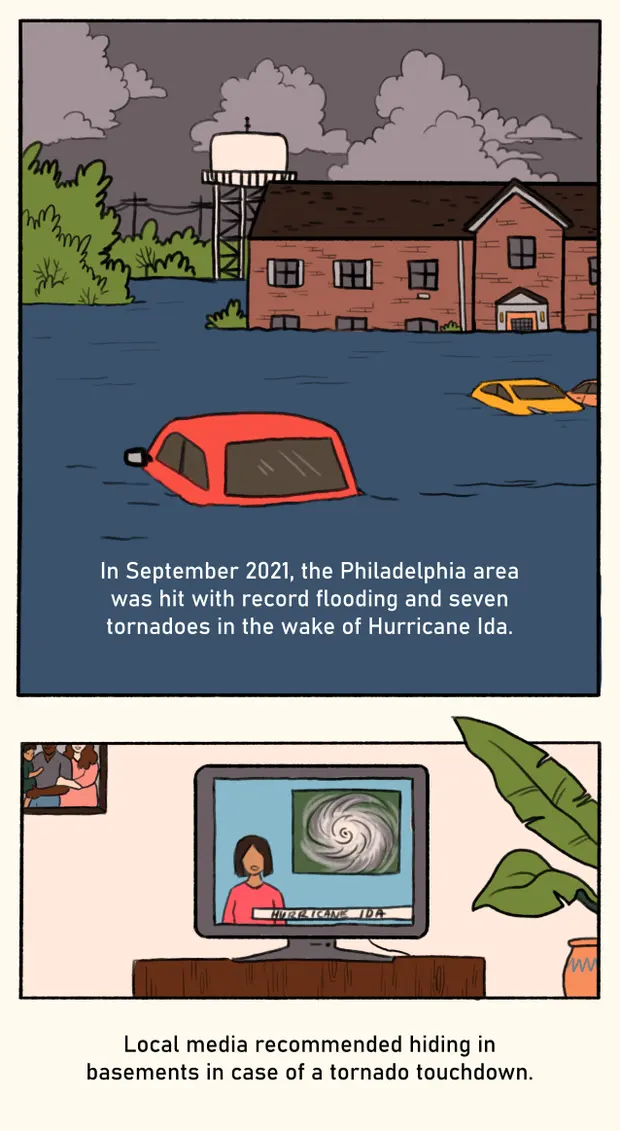
Internet giants like Microsoft and Facebook parent Meta, as well as a host of smaller companies, are looking to build what’s somewhat nebulously known as the metaverse: a set of virtual worlds where people can hang out, make music and art and, yes, go to meetings.
One open question, assuming the metaverse proves popular, is whether the technology will be tightly controlled by a handful of companies operating their own incompatible systems—as social media apps and video games basically work today—or whether it will be possible to jump from one metaverse world to another, the way it’s possible to send email from one site to another or follow links across the Web today.
+INFO: Fast Company
\IMAGE: [Fast Company](https://www.fastcompany.com/90708951/opensimulator-offers-a-glimpse-of-what-a-decentralized-metaverse-might-look-like?cid=eem524:524:s00:01/08/2022_fc&utm_source=newsletter&utm_medium=Compass&utm_campaign=eem524:524:s00:01/08/2022_fc.
One open question, assuming the metaverse proves popular, is whether the technology will be tightly controlled by a handful of companies operating their own incompatible systems—as social media apps and video games basically work today—or whether it will be possible to jump from one metaverse world to another, the way it’s possible to send email from one site to another or follow links across the Web today.)























